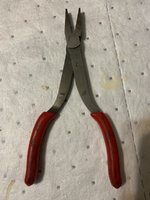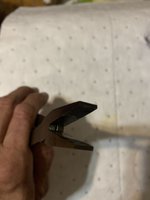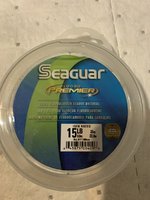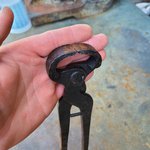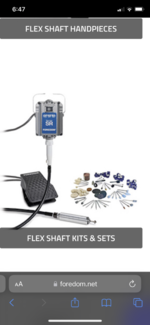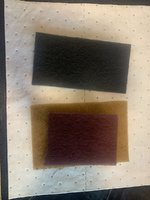Frozentreehugger
Masterpiece
Thought I would start a thread . For tools and equipment or stuff . We found useful for bonsai . To share with each other . Anything you think others might find useful goes . I’ll start us off First up is a pair of pliers there called duck bills . Essentially working tips a narrow flat tip with smaller grip teeth then a regular pair of pliers . There attached to a longer reach handle . There value . Is there ability to reach deep hard to reach locations . With the strength of pliers . Useful for wiring and tie downs and any work in tight locations . They make similar needle nose pliers . But the duck bills are more useful . There sold as automotive repair tools . And yes the pair pictured are top quality and price . But there are cheaper options available . Second is a roll of clear fishing line . Simply . Very strong invisible string . Both traits are useful especially together

